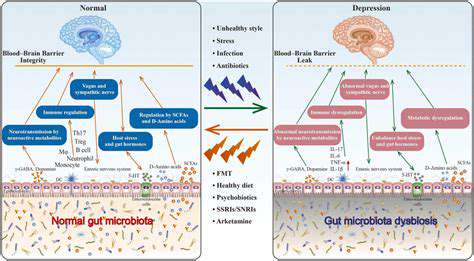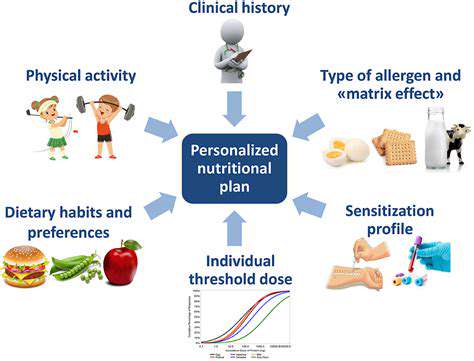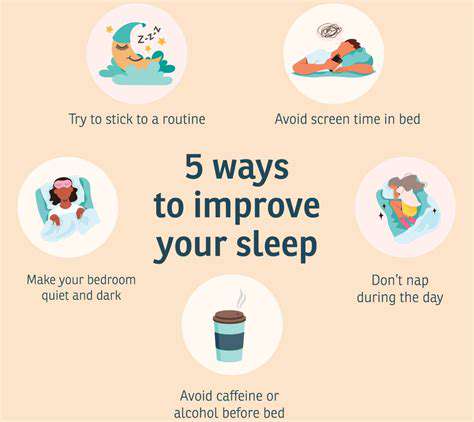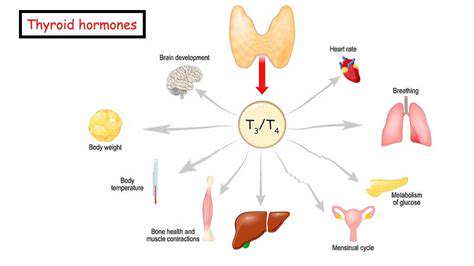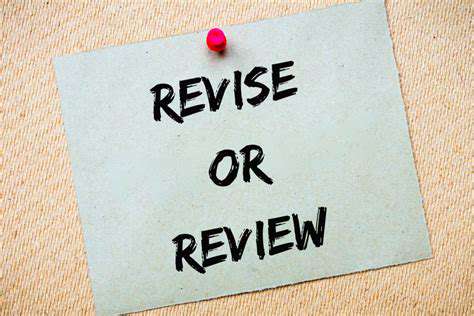Understanding ADHD in Adults
What is Adult ADHD?
Understanding the Symptoms
Adult ADHD presents with a unique set of symptoms that often differ from those seen in children. While inattentiveness and hyperactivity are common, adults with ADHD may experience these symptoms in more subtle ways, such as difficulty organizing tasks, procrastination, forgetfulness, and a tendency to be easily distracted. They might struggle to stay on track during conversations, losing their train of thought or interrupting others. These symptoms can significantly impact daily life, affecting work performance, relationships, and overall well-being.
Recognizing these symptoms is crucial for diagnosis and effective management. For example, someone might experience chronic lateness due to difficulty managing time, or find it challenging to complete projects due to an inability to focus on sustained tasks. These seemingly minor issues can accumulate, leading to significant stress and frustration. It's important to remember that these symptoms can manifest in different ways depending on the individual and their specific circumstances.
Further, individuals with Adult ADHD may have difficulty with executive functions, which are crucial cognitive skills for planning, organizing, and initiating tasks. This can manifest as problems with prioritizing tasks, managing time effectively, and starting projects. These challenges can contribute to feelings of inadequacy and anxiety.
Diagnosing and Managing Adult ADHD
Diagnosis of Adult ADHD often involves a comprehensive evaluation by a healthcare professional, such as a psychiatrist or psychologist. This evaluation typically includes a thorough assessment of the individual's symptoms, medical history, and family history. A detailed history of challenges encountered in various life domains, including work, relationships, and personal life, is also crucial. The evaluation considers if these symptoms have been present for a significant period of time and if they interfere with daily functioning.
Effective management of Adult ADHD often involves a multifaceted approach. Medication, such as stimulants or non-stimulants, can be helpful in managing symptoms. However, medication is only one part of the treatment plan. Therapy, such as cognitive behavioral therapy (CBT), can help individuals develop coping strategies and improve their ability to manage their symptoms. Lifestyle changes, such as establishing routines, prioritizing tasks, and practicing stress-reduction techniques, can also play a significant role in managing ADHD.
Support groups and educational resources can provide valuable insights and strategies for navigating the challenges associated with Adult ADHD. Learning about the condition and its impact on daily life can empower individuals to take an active role in their treatment and management. This proactive approach can lead to improved functioning in various aspects of life, including relationships, work, and personal well-being. Finding a support system, whether through family, friends, or support groups, can provide crucial encouragement and understanding.
A key aspect of managing Adult ADHD is developing self-awareness. Understanding how the condition affects individual behaviors and patterns can help in implementing effective coping mechanisms. This involves recognizing triggers, identifying strengths, and acknowledging limitations. This self-awareness is vital in developing strategies for managing daily challenges.
Furthermore, regular check-ins with healthcare providers are important to monitor symptom progression and adjust treatment plans as needed. This ongoing support ensures that individuals with Adult ADHD can maintain optimal well-being and function.


Read more about Understanding ADHD in Adults
Hot Recommendations
-
*Guide to Managing Gout Through Diet
-
*Best Habits for Financial Well being
-
*How to Build a Routine for Better Mental Health
-
*How to Eat Healthy on a Budget [Tips & Meal Ideas]
-
*Guide to Practicing Self Acceptance
-
*How to Incorporate More Movement Into Your Day
-
*Guide to Managing Chronic Pain Naturally
-
*Guide to Building a Reading Habit for Well being
-
*Top 5 Weight Loss Supplements That Actually Work
-
*Best Exercises for Postpartum Recovery [Beyond Abdominal Work]
